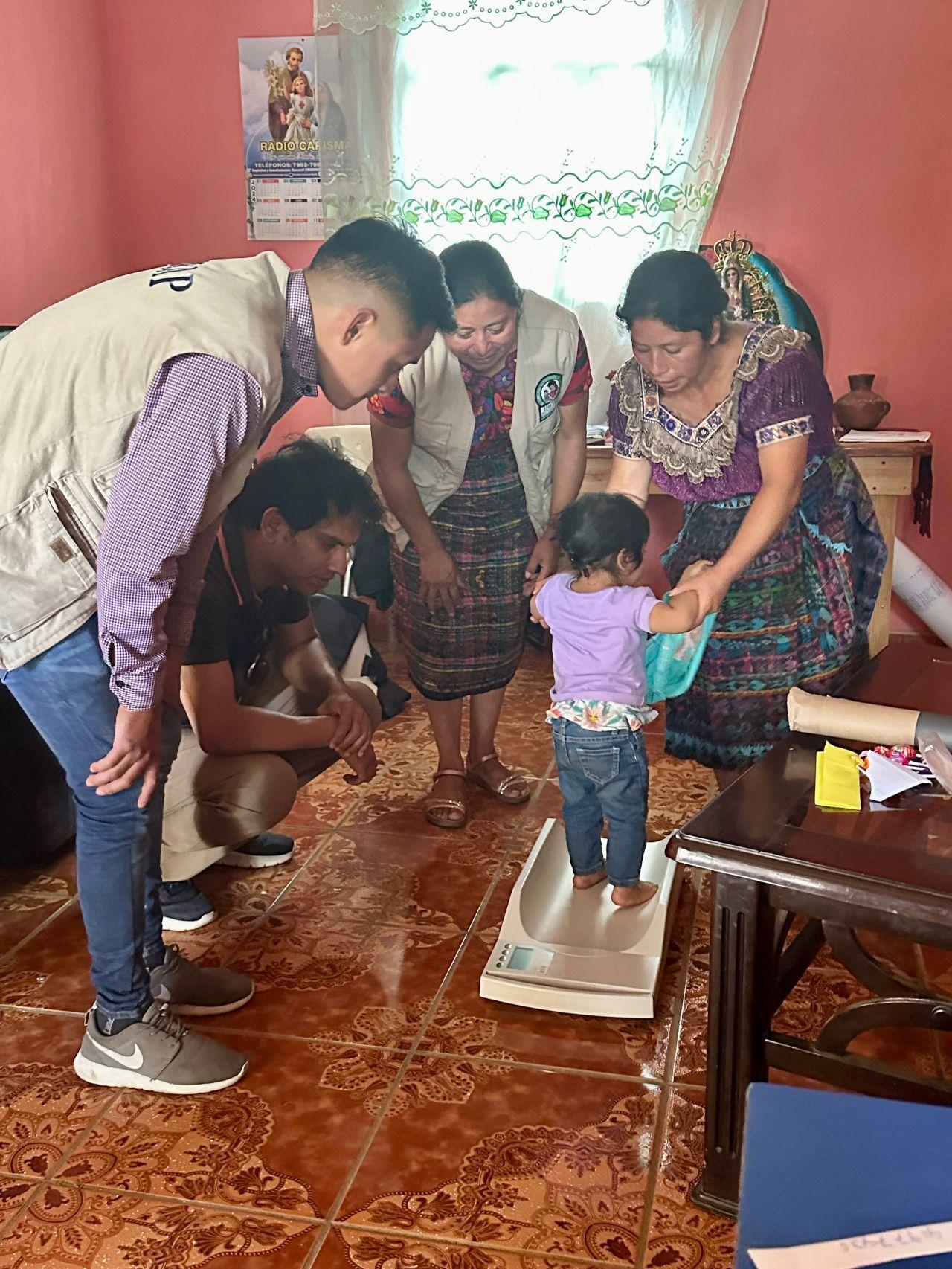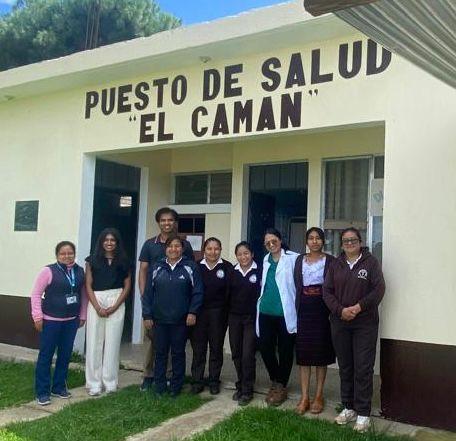Ramani visits Guatemala as part of international clinical trial
Maran Ramani, M.D., was awarded a three-year grant from the Thrasher Research Fund in 2022 to conduct a multinational clinical study, known as the Azithromycin Brain neuroprotection for Children study.
Seeking to improve health outcomes for newborns in developing countries, Manimaran (Maran) Ramani, M.D., division chief of neonatology and medical director for the neonatal intensive care unit (NICU) at USA Health Children's & Women’s Hospital, recently visited Guatemala as part of an international initiative to determine if repurposing an antibiotic can help babies potentially born with brain injuries thrive.

Ramani, who also serves as chief medical officer for Children’s & Women’s Hospital, traveled to the NIH-funded Global Network Site in Guatemala as part of his clinical trial funded by the Thrasher Research Fund. His study is investigating whether Azithromycin can be repurposed as a neuroprotective against birth asphyxia-induced brain injury in developing countries.
“I had a unique opportunity to work with an amazing team of nurses, midwives, nutritionists, pediatricians, social workers and psychologists,” Ramani said, “and witnessed the excellent clinical care they provide to the children who live in remote mountains of Guatemala.”

Part of his journey took him on a home visit with the Institute of Nutrition of Central America and Panama team to houses in remote villages near Antigua, Guatemala. Ramani and his team evaluated malnutrition among vulnerable Guatemalan children living in mountain areas using anthropometric measurements.
In 2022, Ramani was awarded a three-year grant from the Thrasher Research Fund to conduct a multinational clinical study, known as the Azithromycin Brain neuroprotection for Children study, to determine whether a single oral dose of the antibiotic azithromycin can be repurposed to have neuroprotective benefits for infants who suffer a lack of oxygen to the brain before or during birth.
The study is ongoing in five countries: India, Pakistan, Zambia, the Democratic Republic of Congo, and Guatemala. Through the grant, Ramani is working with a team of physicians and scientists from those countries to improve the health outcomes for infants born in low-resources settings.





